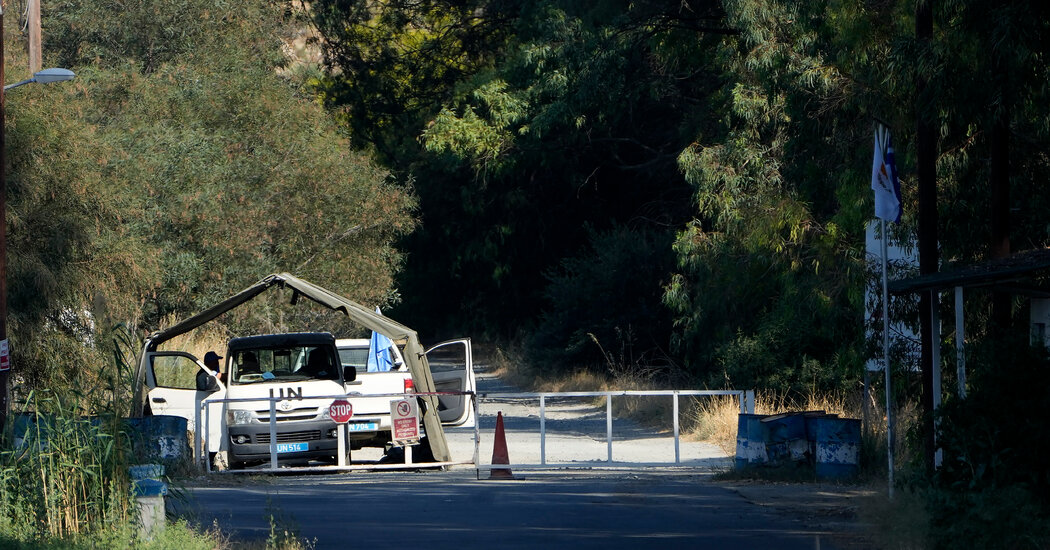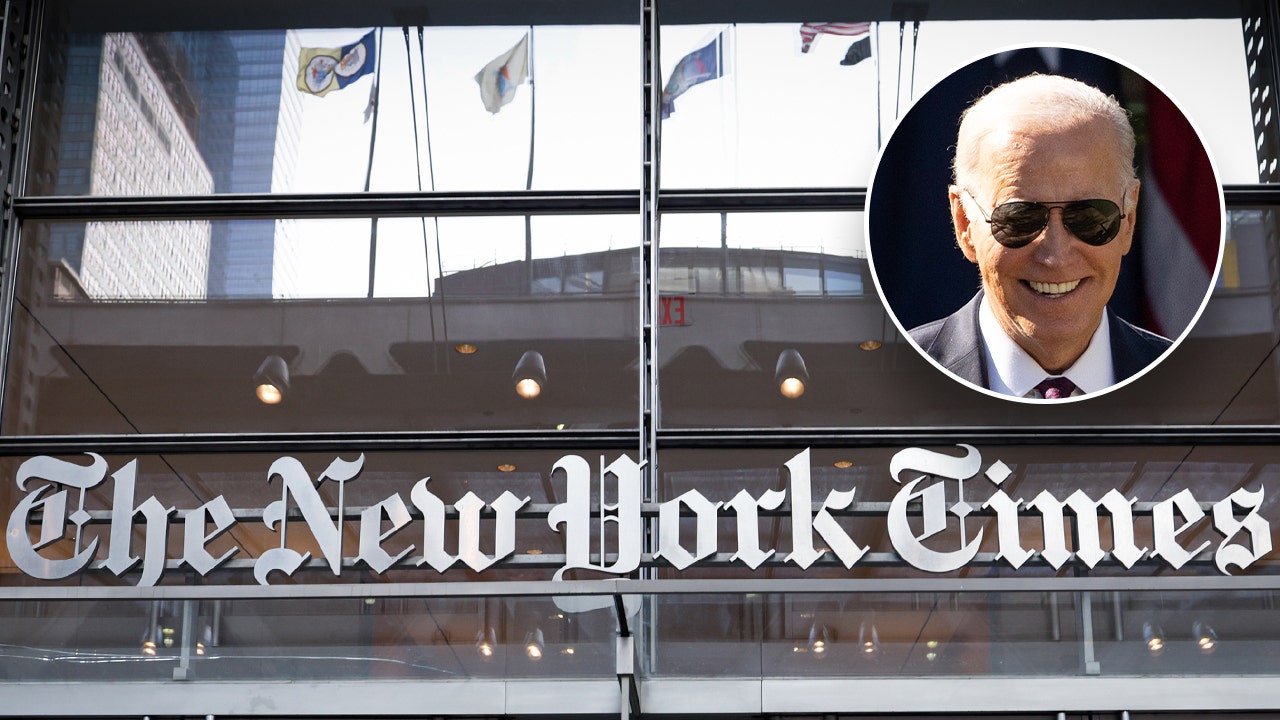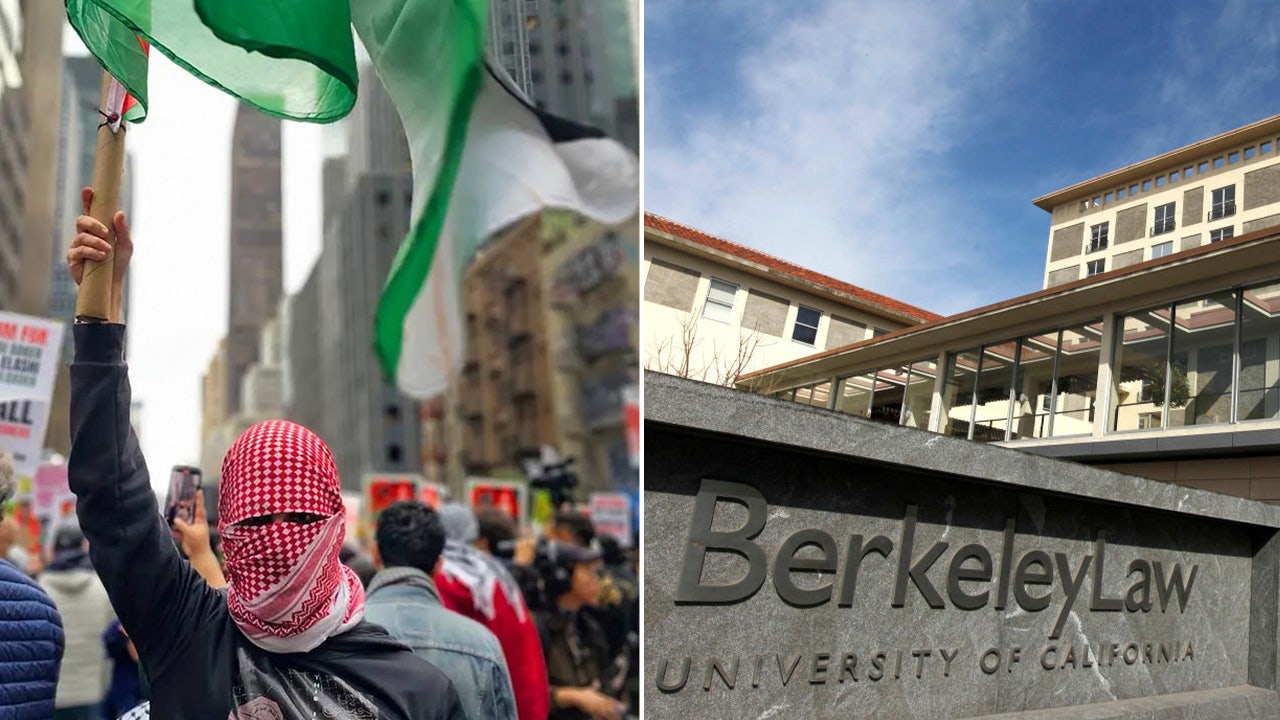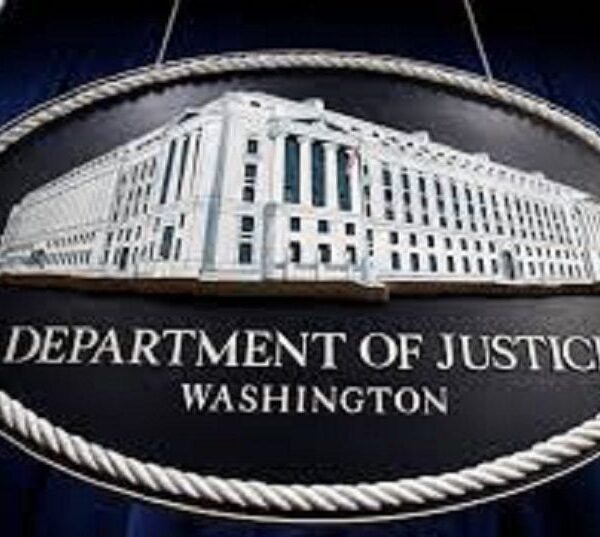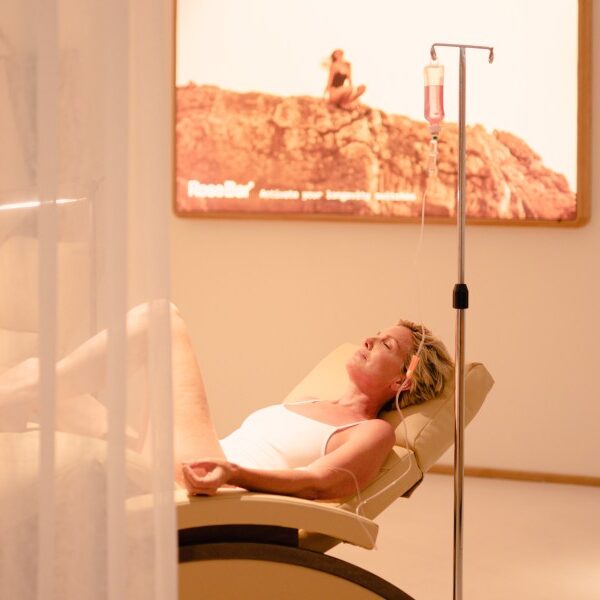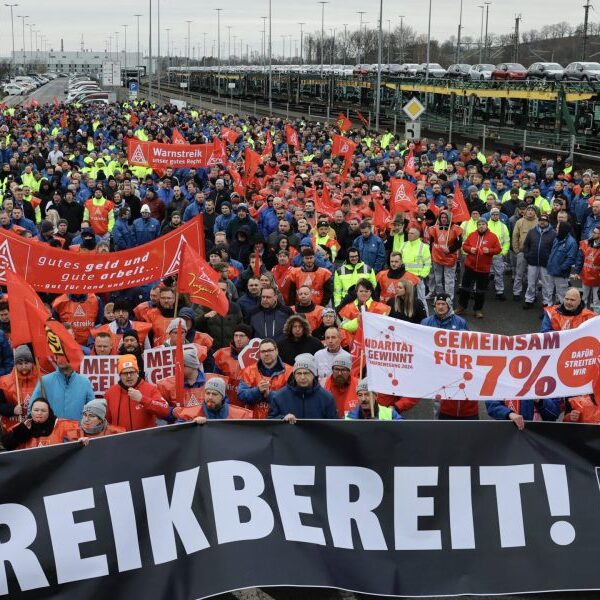Nearly 30 asylum seekers are stuck in the United Nations-controlled buffer zone between the Turkish-occupied north of Cyprus and the internationally recognized south amid a crackdown by the Cypriot authorities on undocumented migration following a steep uptick in Syrians arriving from Lebanon.
The groups — 13 people from Syria and 14 from the Middle East, Africa and Asia — are in different locations in the buffer zone, which extends about 112 miles across Cyprus, a Mediterranean nation that is a member of the European Union, and bisects the capital, Nicosia. They arrived into the area, known as the Green Line, on foot from the occupied north.
If the migrants return to the north, an area that covers about a third of the island and is recognized only by Turkey, they face deportation, because the administration there has no legal infrastructure for providing asylum. Crossing into the buffer zone from the occupied north would also constitute a crime of trespassing under that administration and would be likely to lead to their deportation.
President Nikos Christodoulides of Cyprus said last week that the authorities there would provide migrants currently in the buffer zone with humanitarian aid but would not permit them to enter the south for fear of setting a precedent. “We will not allow the creation of a new route for illegal migration,” he told reporters last Tuesday.
As a member of the European Union, Cyprus is responsible for regulating entry into the bloc, and Konstantinos Letymbiotis, a government spokesman, said last month that the country would “continue its effective supervision along the length of the buffer zone.”
But an official from the European Commission, the E.U. executive arm, said on Tuesday that member states were obliged to allow requests for asylum, even in the buffer zone. The commission’s spokeswoman for home affairs, Anitta Hipper, said in a statement that “the possibility for any person to apply for international protection on a member state’s territory, including at its border or in a transit zone, is established in E.U. law.”
The migrants in the buffer zone crossed into it in two groups over the past three weeks, according to Emilia Strovolidou, a spokeswoman for the United Nations refugee agency in Cyprus, who expressed concern about their fate amid sweltering temperatures that are forecast to exceed 100 degrees Fahrenheit this week.
“These people left their countries to find safety and a better life, and now they’re trapped,” she said. “And we have a heat wave ahead.”
One of the children in the group, a 13-year-old boy, was transferred to a hospital in Nicosia after suffering “psychological problems,” and instances of dizziness and nausea from the heat are daily occurrences, she said.
Toilets and showers have been set up, Ms. Strovolidou said, and the migrants have been supplied with tents and food by aid workers and United Nations peacekeeping forces, who have been stationed in the buffer zone since it was set up in 1974 after the island was effectively partitioned between its Turkish and Greek communities.
But the migrants cannot live indefinitely in tents in the middle of a demilitarized zone, Ms. Strovolidou noted, adding that the United Nations agency had pressed the Cypriot authorities to grant them asylum.
Thousands of Syrians have left Lebanon this year as that country suffers acute economic hardship and tensions rise over neighboring Israel’s military campaign in Gaza. And international aid for Syrians, whose country has been mired in civil war for over 13 years, has dropped as more recent conflicts have drawn the world’s attention.
In mid-April, President Christodoulides said that Cyprus was freezing the processing of asylum claims by Syrians amid a sharp rise in arrivals from Lebanon. More than 2,000 undocumented migrants reached the country by sea in the first three months of the year, compared with 78 in the same period last year, according to Cypriot government figures.
The freezing of asylum processing has left more than 14,000 Syrians in Cyprus in limbo, many of whom have been waiting for a response to their asylum applications for more than a year, according to Ms. Strovolidou.
Most are entitled to food and shelter in Cyprus, though they do not have the right to work. Under the April decision, any who have returned to Syria in the past 12 months via the Turkish-occupied north of Cyprus no longer have rights to international protection and face deportation.
The Cypriot authorities have also sent boats to patrol the area between Cyprus and Lebanon. And when Mr. Christodoulides accompanied Ursula von der Leyen, the European Commission president, on a visit to Lebanon in early May, the European official pledged aid of 1 billion euros, or $1.08 billion, to help Lebanon’s economy and crack down on people smuggling.
Those actions have helped curb arrivals to Cyprus via the sea route, but appear to have prompted more activity across the Green Line, which in turn prompted the Cypriot authorities to assign more border guards to the buffer zone.
Migrants have been stranded in the buffer zone in previous years, but not in such numbers, according to aid workers. In one instance in 2021, two Cameroonians remained trapped in the buffer zone for seven months until being relocated to Italy after a visit by Pope Francis to Cyprus.
Ms. Strovolidou noted that migrants who manage to cross into the south are accepted at state facilities, and appealed for help for those in the buffer zone. “They don’t know what’s happening or how long they’re going to be stuck there,” she said. “They’re in limbo.”

